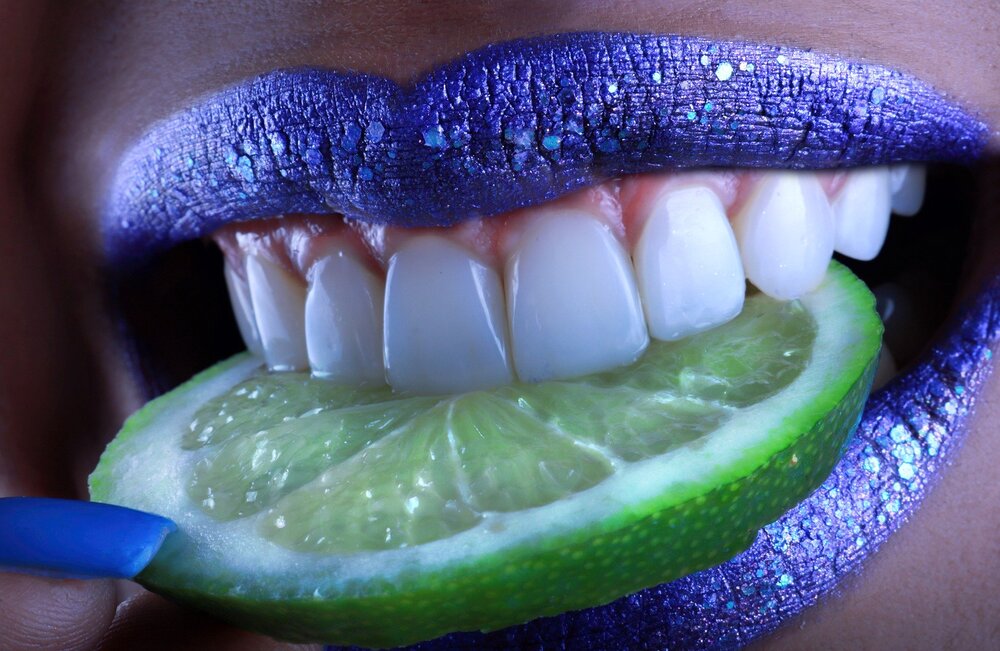By David Saunders | UPDATED: 11:28, 18 March 2020
Each year there are more stories emerging highlighting the links between oral care and systemic health, so this World Oral Health Day, leading dental hygienist, Anna Middleton, shares her expert advice on how to keep on top of your oral care and protect your teeth from gum disease and dental decay.
Treat the dentist like you do a doctor: If you haven’t seen the dentist or hygienist in the last year now is the time to book. Regular visits mean you will be screened for any potential dental problems, including oral cancer. If you have children, they should visit the dentist by their first birthday.
Avoid sugary & acidic foods: To prevent enamel erosion and tooth decay, reduce the frequency in which you consume sugary and acidic foods. Try to keep these to meal times only and have no more than 3 to 4 occasions in the day where you eat these kinds of foods.
Always Use fluoride: Use a fluoride toothpaste or products with a formula designed to help protect and repair the damage of erosion.
Avoid brushing after eating acidic Foods: Avoid brushing immediately after eating or drinking something acidic, as the enamel will be weakened. Wait an hour or so after eating or drinking something acidic before you brush your teeth, or simply brush beforehand. Also, rinsing with water after can also help.
Use an eco-friendly straw – When consuming acidic drinks, try and use a straw to help reduce how much your teeth are exposed to acid. Also, when drinking don’t hold the fluid for too long in your mouth, sim for too long or often, or swirl the acidic fluid around your mouth.
Try sugar-free gum – Sugar-free gum and mints increase salivary flow, which can neutralise acids, helps remove food debris and help strengthen teeth Opt for products with Xylitol as an ingredient, which is clinically proven to help fight dental decay.
Brush Gently – When brushing your teeth use a soft bristled toothbrush and brush gently if using a manual toothbrush. Ideally use an electric toothbrush and allow the brush head to glide along the teeth and gum line without scrubbing.
Most electric toothbrushes now come fitted with a pressure sensor in the form of a flashing light or noise when too much pressure is applied.
Avoid Whitening Products – Avoid so called whitening toothpastes. They often contain abrasive particles designed to try and remove staining from teeth.
This, combined with an overzealous brushing technique, can cause havoc on enamel. Most toothbrushes are labeled for their abrasiveness using an RDA scale.
The lower the number of RDA scale the less abrasive the toothpaste is. If you’re looking to whiten your teeth, always seek advice from a dental professional as only teeth whitening provided by a dental professional is legal and effective.
Online and in-shop bought products do not contain any active ingredients and could cause more damage than good.
ABOUT LONDON HYGIENIST, ANNA MIDDLETON (https://www.londonhygienist.com/)
Anna is a dedicated and passionate award-winning dental hygienist. She started London Hygienist with the mission to change the way oral health care is delivered to patients.
Anna studied at the Eastman Dental Hospital after working as a dental nurse, and graduated in 2015 from the Faculty of Royal College of Surgeons. Since qualifying, Anna has attracted an ever-growing and loyal customer base from the public, press and celebrities alike.
This – along with her superior and unrivalled dental service in the heart of London – means Anna is regarded as one of the most popular and sought-after hygienists in London and a rising star within the industry.
